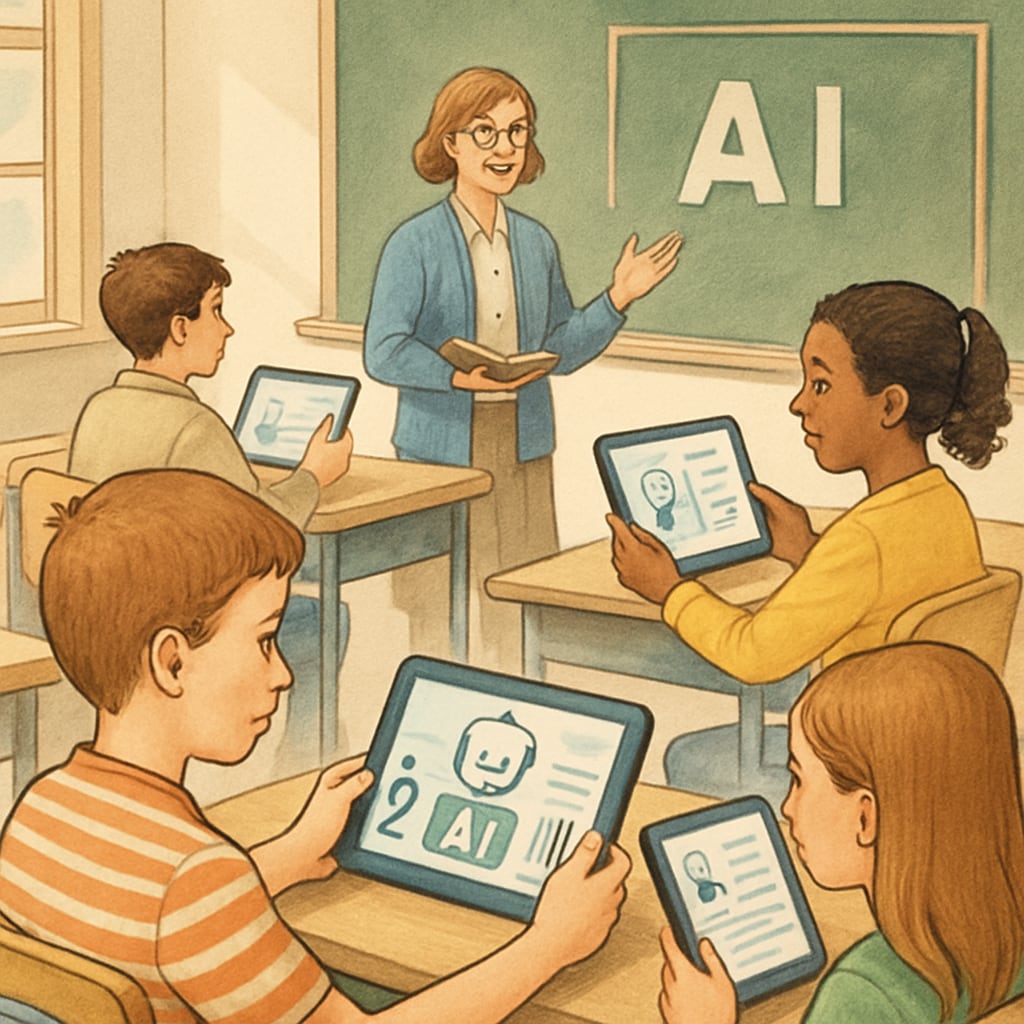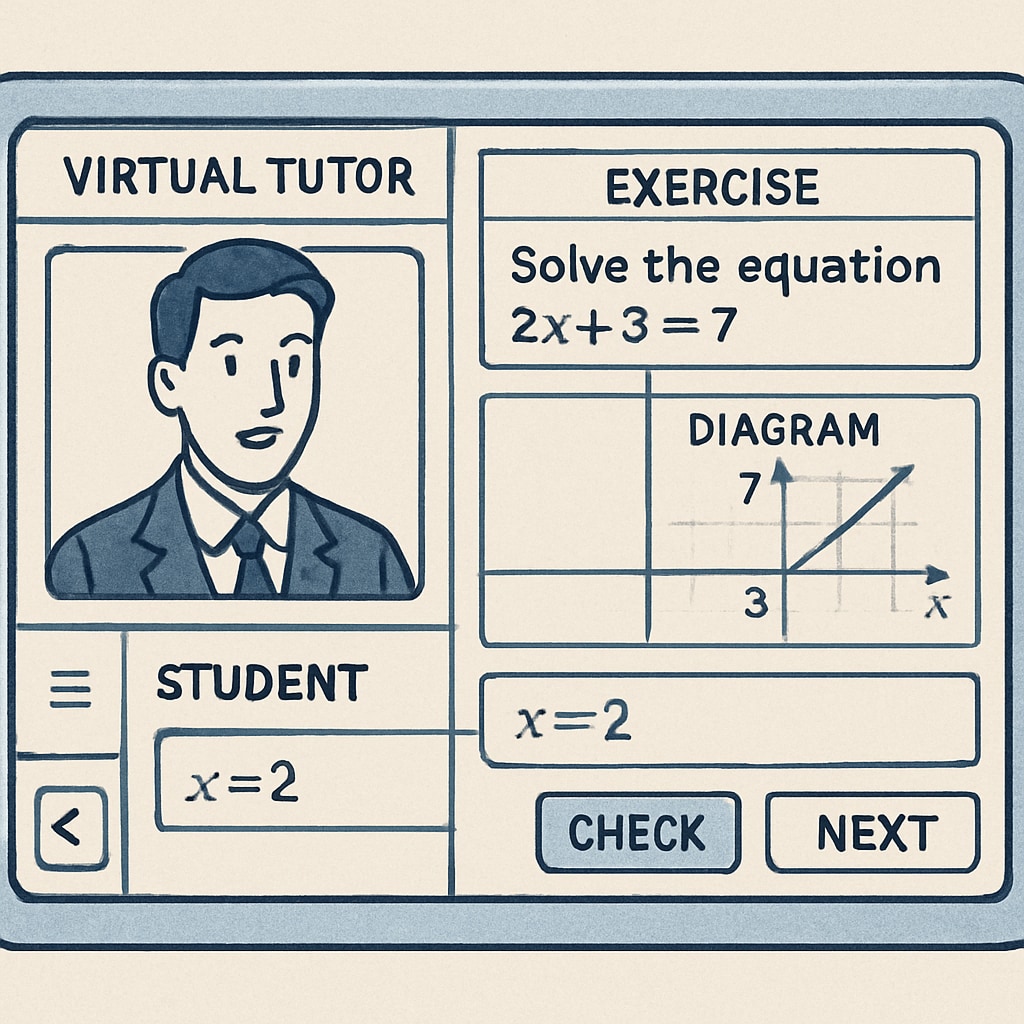Artificial intelligence (AI), education trends, and education technology are converging to reshape the global education landscape. Across K12 classrooms and beyond, AI is no longer a futuristic concept but a transformative tool integrated into everyday learning experiences. From personalized learning platforms to automated grading systems, AI is driving innovation at unprecedented speeds and presenting both opportunities and challenges for educators, students, and institutions.
Revolutionizing K12 Classrooms with Artificial Intelligence
AI has introduced groundbreaking changes to K12 education, enabling schools to offer more tailored and efficient learning experiences. For example, AI-powered platforms like adaptive learning systems use algorithms to assess individual student performance and offer personalized exercises based on their needs. This approach not only aids students struggling with specific topics but also allows advanced learners to progress at their own pace.
Furthermore, tools like automated grading systems save teachers time by evaluating assignments and tests quickly and accurately. As a result, educators can focus more on teaching and mentoring rather than administrative tasks. AI-driven analytics also provide insights into classroom performance trends, helping schools identify areas for improvement.

Challenges and Opportunities in AI Integration
Despite its benefits, the integration of AI into education presents challenges. For instance, schools must ensure equitable access to AI tools, especially in underfunded districts where technology resources may be limited. Additionally, privacy and data security concerns arise when handling sensitive student information through AI systems.
On the flip side, AI offers opportunities to bridge educational gaps globally. For example, AI-powered language translation tools allow students from diverse linguistic backgrounds to access the same learning materials. Virtual tutors and chatbots can provide 24/7 support, ensuring students have access to learning assistance even outside school hours.

Preparing Teachers and Institutions for the AI Revolution
To fully leverage AI in education, both teachers and institutions need to adapt. Professional development programs focusing on AI technologies can help educators understand the tools they’re using and maximize their potential. Schools must also invest in infrastructure upgrades to support AI systems, such as high-speed internet and cloud-based platforms.
Moreover, fostering collaboration between tech companies and educators is crucial for creating AI tools that truly address classroom needs. For example, partnerships between organizations like UNESCO and AI developers have led to initiatives aimed at improving global education equity. Such collaborations ensure that AI is not just a technological advancement but a force for positive educational change.
Readability guidance: This article uses short paragraphs, lists, and transition words to enhance readability. Key points are summarized under clear headings, with a focus on active voice and concise sentence structures.


